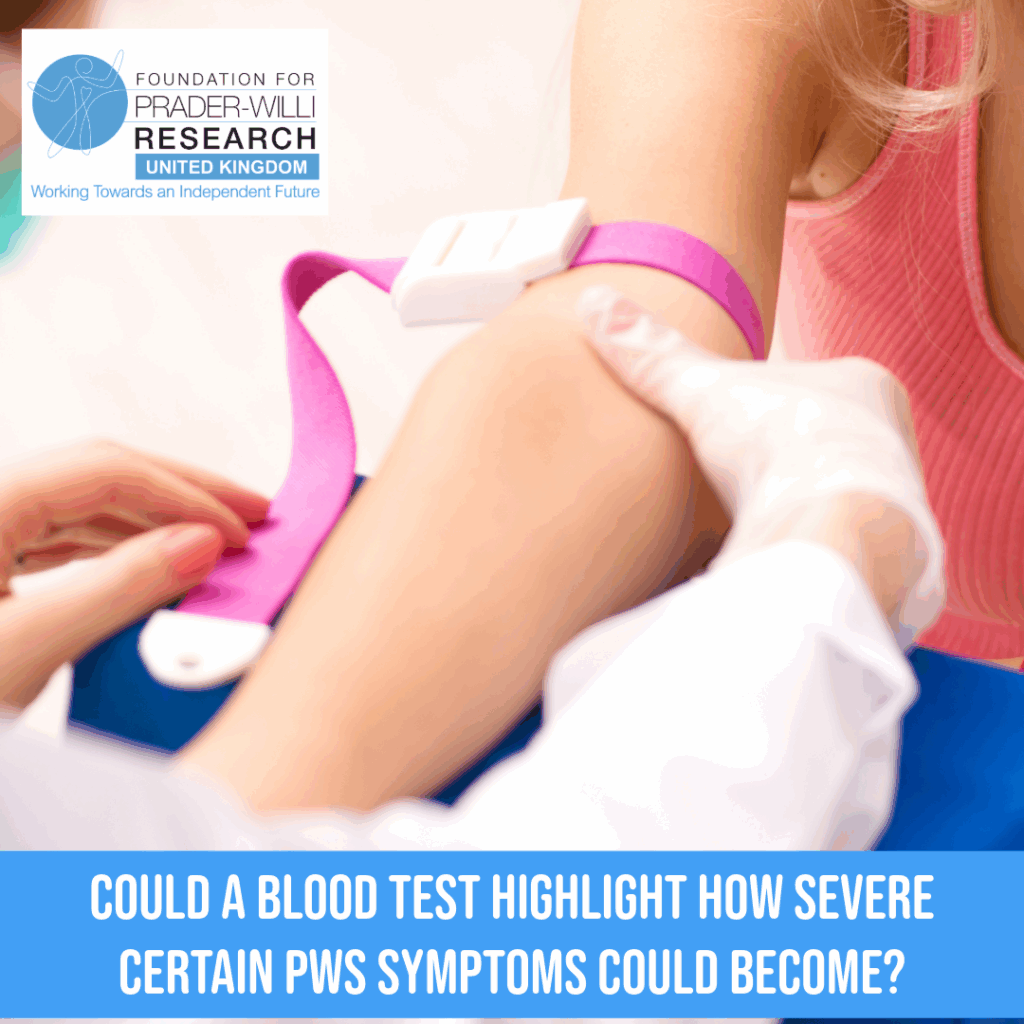
Imagine if a simple blood test could help predict how severely someone with Prader-Willi Syndrome (PWS) might be affected—whether they’ll struggle more with learning or maybe more with behaviour. That’s the exciting possibility behind a new research project funded by FPWR, and it could open up a new way to personalise care on an individual level.
What’s This Research All About?
Led by Dr. David Godler of the Murdoch Children’s Research Institute in Melbourne Australia, the study explores something called isoforms—different versions of proteins that our bodies make from the same gene. If we think of genes as blueprints, isoforms are the different ways those blueprints can be interpreted to build slightly different versions of the same structure. Think of it like designing a house: the same blueprint might be used to build a cottage, a townhouse, or a bungalow, depending on how the details are adjusted. Those small changes can have a big impact on how the final structure functions—and the same goes for proteins in the body.
Dr. Godler’s team have previously focused on a gene called RPS18, which they found to be unusually active in the brains of people with PWS. What’s remarkable is that this same activity can be seen in blood samples—and it’s linked to how severe a person’s symptoms are. That means researchers may be able to use blood tests to understand what’s happening in the brain, without needing invasive procedures.
Why Isoforms Matter in PWS
Proteins are essential for nearly everything our bodies do—from thinking and moving to regulating hunger and emotions. Isoforms are like specialised tools made from the same basic parts but designed for slightly different jobs. In PWS, the way these tools are built seems to be disrupted, especially in the brain. This study is the first to show that those disruptions can be detected in blood, offering a new window into how PWS affects the body.
What Makes This Study Stand Out?
- It uses the largest collection of brain tissue from individuals with PWS ever assembled.
- It applies cutting-edge AI technology to identify potential treatments from existing drug databases.
- It’s focused on real-world impact, like predicting behavioural challenges and intellectual disabilities.
What Could This Mean for Families?
This research could lead to:
- Earlier detection of serious symptoms like mental illness or extreme hyperphagia (uncontrolled hunger)
- Personalised treatment plans based on each person’s unique biology
- Better understanding of how PWS affects both the brain and the rest of the body
For families living with PWS, this study isn’t just about science—it’s about possibility. It’s about turning complex genetic information into practical tools that could improve care, reduce uncertainty, and offer more tailored support.
To read more about this study please visit https://www.fpwr.org/fpwr-funded-projects/defining-isoform-diversity-consistent-between-the-brain-and-blood-related-to-the-severity-of-prader-willi-syndrome